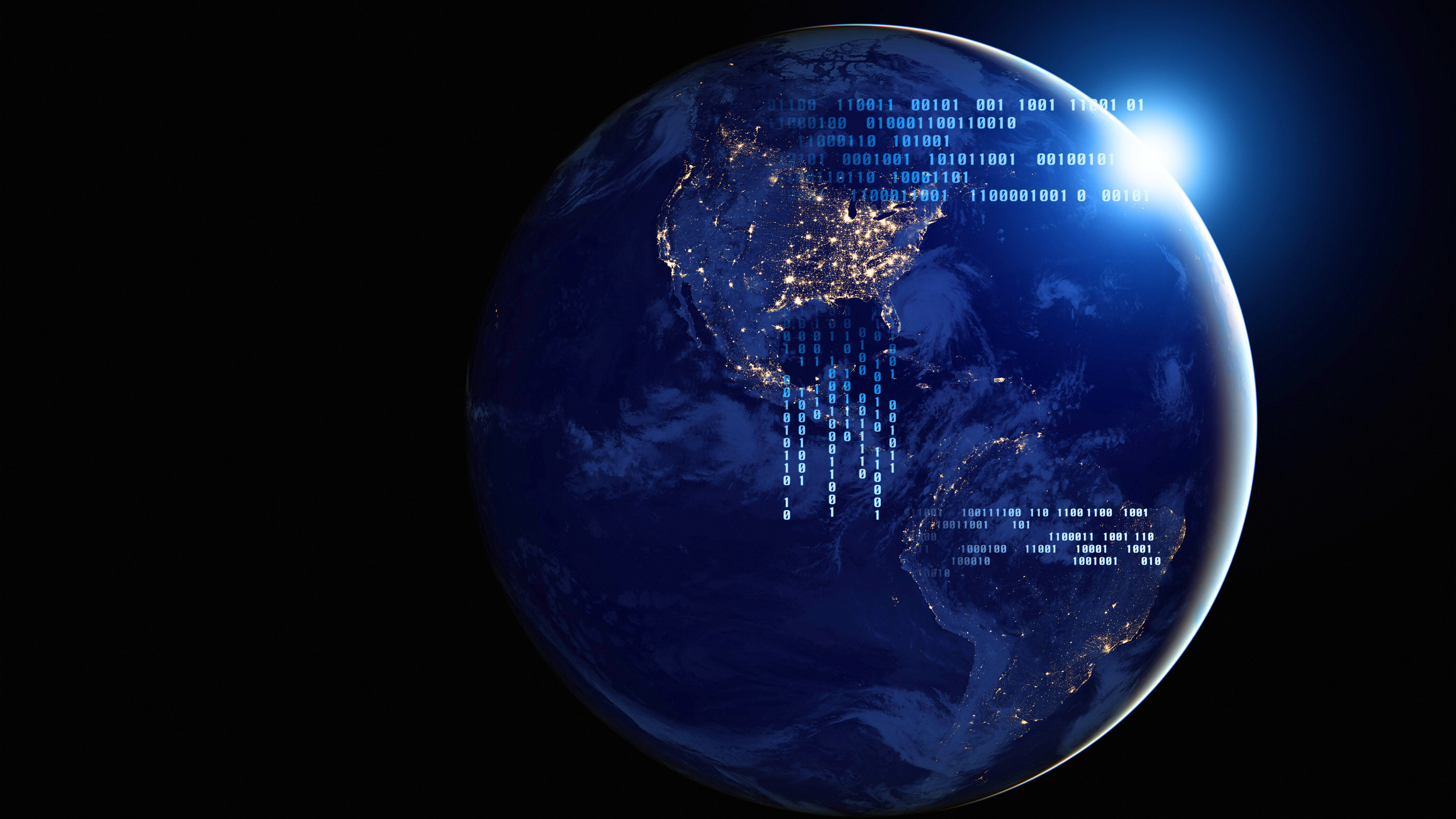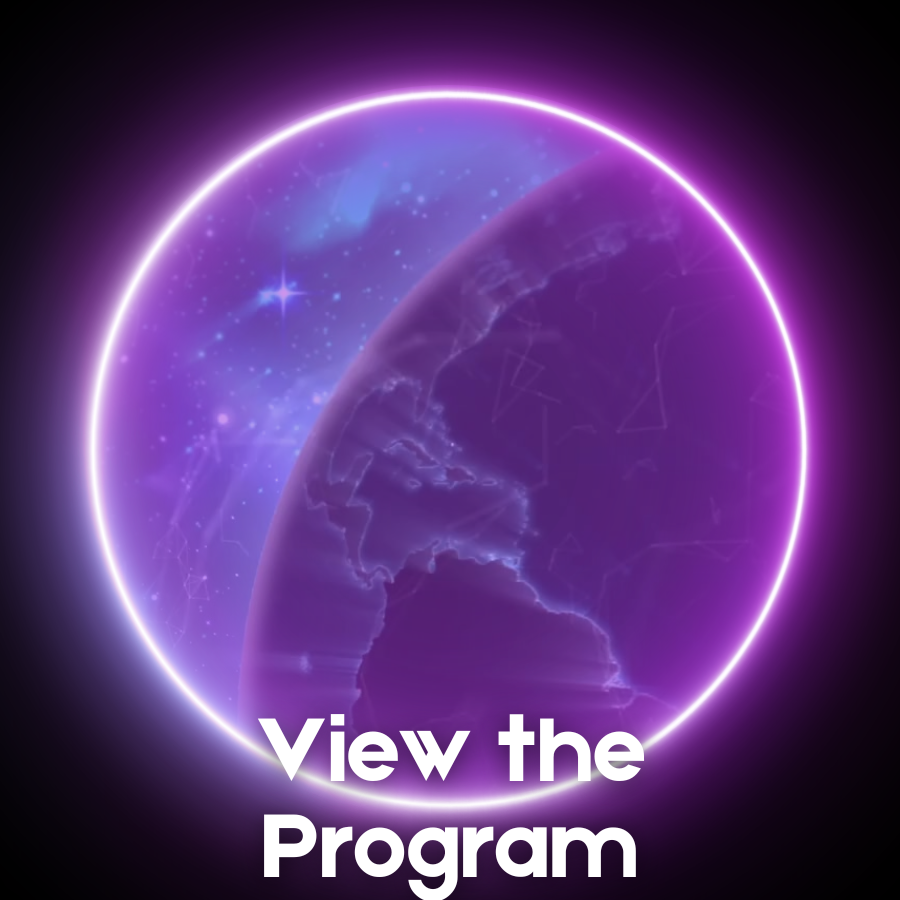NEW LOCATION
📍
CLICK for DETAILS
📍
NEW LOCATION 📍 CLICK for DETAILS 📍

in partnership with
November 20 & 21, 2025 | Columbia University | New York City

The grand challenges facing our planet and global society require all of the intelligence humanity can muster - whether human, artificial, or both. Luckily, a kind of augmented collective intelligence that understands these challenges at local, regional, and global scales has become available in recent years - GeoAI. This geographically grounded intelligence, operating at machine speed and harnessing the power of modern artificial intelligence, can play a crucial role in helping us make sense of the deluge of data that has been unleashed by the revolution in geospatial science and technology - the so-called Geospatial Revolution. GeoAI will transform the ways we monitor and anticipate change, so that we can better shape our future.
The promise of AI is not new, yet its convergence with the Geospatial Revolution has enormous potential to address the world’s grand challenges like never before. As these two streams of innovation - Geo and AI - have converged in the explosive field of GeoAI, we now are experiencing unprecedented opportunities for actionable insights that can help us anticipate the future, get ahead of the curve, and make smarter individual and collective decisions about our future at every geographic scale. In a way, all AI is now GeoAI. There is no going back. After a half a century of satellite remote sensing, and the creation of countless layers of geospatial (spatio-temporal) data by governments, academics, non-profits, commercial businesses, and citizens around the world, this modern GeoAI revolution has transformed and supercharged the quest begun by our computer scientists, making it relevant to every corner of our planet.
Modern AI relies on so-called ‘foundation models’ pre-trained on large amounts of data to generate AI-powered answers to questions. Since geospatial data, by definition, refers to all observations about everything that has ever happened on or around the planet, the challenge of producing complete, precise and accurate GeoAI foundation models capable of keeping up with our fast changing planet makes those foundation models underpinning ChatGPT and other Large Language Models seem quaint. This session will wrestle with this massive technical challenge in a way that is lay accessible, and informative for citizens, business leaders, and policymakers.
Academics and innovators in geospatial information science and technology (GIS&T) have long sought to create models that help us probabilistically understand potential change at local, regional and global scales, in a quest to glimpse into the future. GeoAI promises to greatly improve the quality of these prognostications, and extend their time horizons. This session will explore the frontiers in GeoAI forecasting and prediction strategies, and how they can help us anticipate the challenges that we collectively face.
The Geospatial Revolution of the past several decades has led to increasingly fine grained spatio-temporal characterizations of human populations, natural hazards, human induced hazards, and the risks they pose at global, regional, local, and even hyper-local/neighborhood scales. The application of modern GeoAI techniques to continuously improve these assessments of risks to human security has opened up new opportunities to anticipate and prevent human suffering, ecological destruction, and even the climate emergency. This session will bring together innovators, researchers, and practitioners to explore how GeoAI can help us better grapple with risks to human security and our planet.
The ways in which bias plays into AI have been well documented, and the implications for justice and equity have entered mainstream EthicalAI dialog. GeoAI adds new texture to these issues, as EthicalGEO issues are magnified by EthicalAI pitfalls. Given the contribution GeoAI has to make to the grand challenges facing our planet and society, it is critical that we explore how GeoAI can further complicate the landscape of bias, justice and equity.
Over the past half century, we have experienced a revolution in sensing technologies. It is not only that we have consistently imaged the Earth from space for five decades. It is that the density, variety and frequency sensed observations have rapidly increased, providing a rich feedstock for increasingly sophisticated GeoAI. This session will discuss how this persistent sensing of our planet, paired with GeoAI has opened up an era of planetary reasoning that changes how we understand the challenges facing our planet.
Over the past several decades, climate science has pioneered advanced geospatial models for understanding macro-, meso-, and micro-scale climate processes. As a result, our understanding of these climate processes has gotten more and more fine grained and sophisticated. This session will highlight the way in which as the fundamental science of climate processes has become more clear, GeoAI has accelerated insights and extrapolated our projections at every scale.
As GeoAI experts and innovators build bridges between the various GeoAI foundation models, the interaction of these various multiple GeoAI modes makes it possible for us to have a conversation with our ever changing planet. This session will explore the future of conversational GeoAI that allows non-technical individuals access to future focused, spatio-temporally accurate and precise insights.
Timely monitoring and modeling of complex environmental change provides a basis for action, but information alone will not solve our problems. This session explores how data generated from diverse sources and sensors can be integrated into action that can mitigate or adapt to the most serious environmental changes.
GeoAI’s continued rise as a transformative force depends on a solid foundation of physical and human resources, from water to rare earth minerals to energy-intensive computing infrastructure. GeoAI processes vast, multi-faceted datasets, requiring immense computational power, storage, and cooling—thus facing direct competition with electric vehicles, cryptocurrencies, and other energy-intensive industries. This session will explore the supply chain for critical materials like lithium and cobalt, the strain on power grids and data centers, and the geopolitical risks of resource dependencies. It will examine the labor force needed to develop and sustain GeoAI as well as ethical and economic trade-offs in a world of desperately competing priorities. As GeoAI is recognized as essential for climate action, security, urban planning, transport, and so many others; ensuring its scalability and sustainability will be crucial.

Mx. Tee Barr
Symposium Chair
Dr. Nadine Alameh
Dr. Joshua Campbell
Dr. Alex de Sherbinin
Dr. Jerome Dobson
Dr. Amy Glasmeier
Mr. Clinton Johnson
Dr. John Konarski
Dr. Marie Price
Dr. Christopher Tucker
Mr. Ian Warner
2024
2023
2022
2021
2020
2019
2018
2017
2016
2015
2014































































